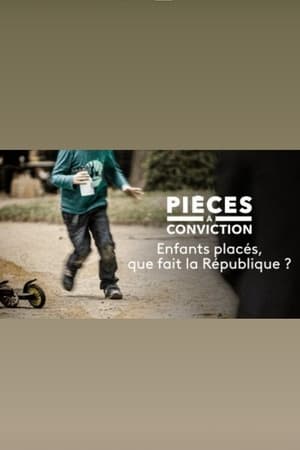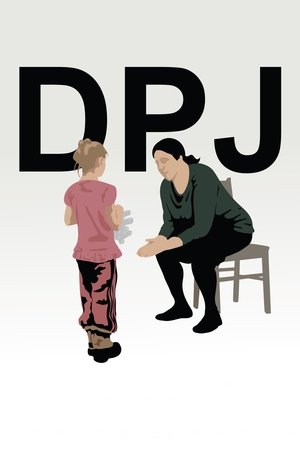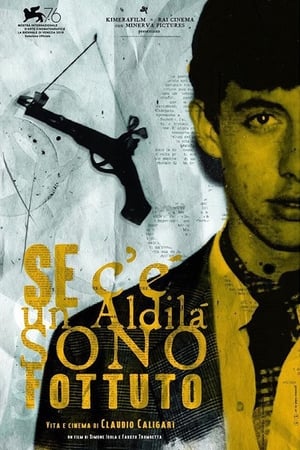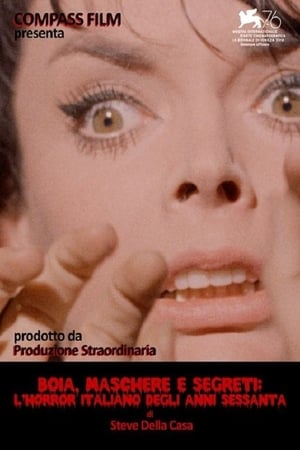
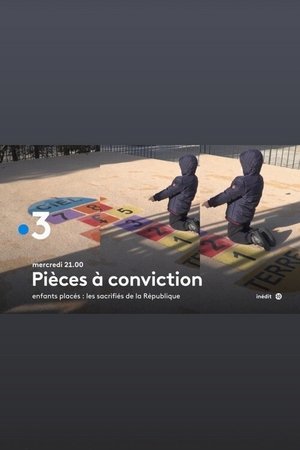
Enfants placés : les sacrifiés de la République(2019)

Movie: Enfants placés : les sacrifiés de la République

Enfants placés : les sacrifiés de la République
HomePage
Overview
Release Date
2019-01-16
Average
0
Rating:
0.0 startsTagline
Genres
Languages:
FrançaisKeywords
Similar Movies
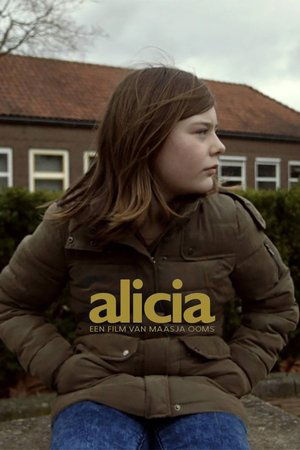 8.0
8.0Alicia(nl)
"It’s not easy to find a foster family for you," an orphanage supervisor explains to nine-year-old Alicia. "After all, you are a very special girl." Alicia is crying. "I’m not special. I’m just a girl." This disturbing scene sets the tone for this film about Alicia, who was taken away from her teenage mother by the Child Welfare Bureau when she was 12 months old. She’s been living in an orphanage since the age of five, and they have never managed to find a foster family for her. In Alicia, we watch as she becomes a teenager, still craving safety and love. Over the course of three years, filmmaker Maasja Ooms follows her daily life up close. Alicia's yearning and powerlessness are palpable in these observations, which painfully reveal the effects of having no prospects.
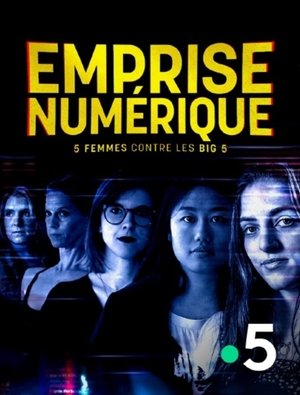 0.0
0.0The Social Trap: 5 Women vs The Big 5(fr)
American states and parents in both Europe and the United States are engaging in a joint fight against digital giants to ensure their responsibility in the addiction of young people to screens and social media is recognized. Among them, five women have chosen to disrupt their daily lives: Alexis, Kathleen, Elisabet, Laure, and Socheata.
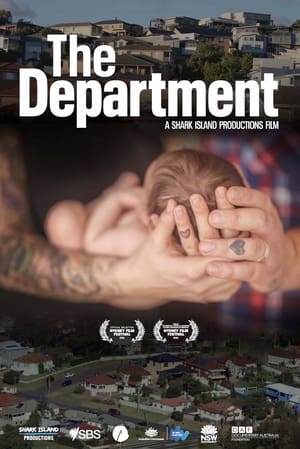 0.0
0.0The Department(en)
THE DEPARTMENT is a feature documentary which takes us inside the never-before-seen child protection system at work in NSW. Filmed in an observational style, it follows caseworkers across the state as they navigate the complexities of keeping children safe in families experiencing domestic violence, addiction, poverty, mental health issues and intergenerational trauma.
Mistænkt for livet(en)
On Fanø, Denmark, three young families have their lives brutally turned upside down when the municipality suspects them of having abused their children. The suspicion is unfounded, but the damage is done, and the families are now dragged through a process involving child interviews, police interrogations, and more. Is the law on protecting children from abuse too far-reaching, or is it simply the price some must pay to prevent serious cases of mistreatment and neglect?
 7.0
7.0Monsieur Batignole(fr)
In 1942, in an occupied Paris, the apolitical grocer Edmond Batignole lives with his wife and daughter in a small apartment in the building of his grocery. When his future son-in-law and collaborator of the German Pierre-Jean Lamour calls the Nazis to arrest the Jewish Bernstein family, they move to the confiscated apartment. Some days later, the young Simon Bernstein escapes from the Germans and comes to his former home. When Batignole finds him, he feels sorry for the boy and lodges him, hiding Simon from Pierre-Jean and also from his wife. Later, two cousins of Simon meet him in the cellar of the grocery. When Pierre-Jean finds the children, Batignole decides to travel with the children to Switzerland.
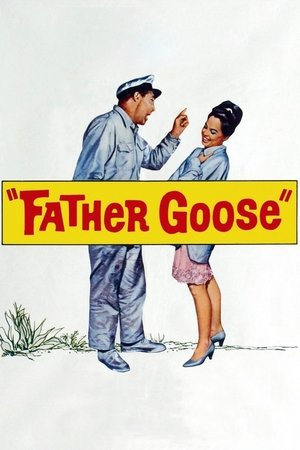 7.0
7.0Father Goose(en)
During World War II, South Sea beachcomber Walter Eckland is persuaded to spy on planes passing over his island. He gets more than he bargained for as schoolteacher Catherine Frenau arrives on the run from the Japanese with her pupils in tow!
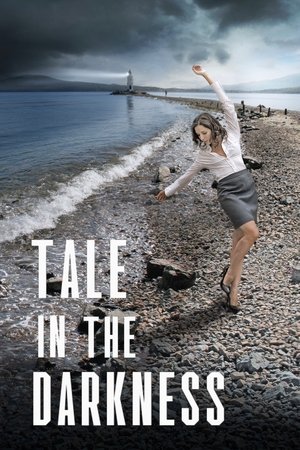 5.0
5.0Tale in the Darkness(ru)
Angelina lives in a big city on the sea coast, where handsome men and beautiful women are strolling the streets with only one purpose: to have fun, flirt and love. But Angelina, being pretty, intelligent, and nice, finds herself lonely. She is a police officer and her job is helping abandoned kids, orphans, and troubled youngsters. One day one of her charges, a little boy, explains to Angelina how lonely, dull and useless she is. Those words have been bothering her ever since, and she decides to change herself.. Angelina starts her way through the darkness…
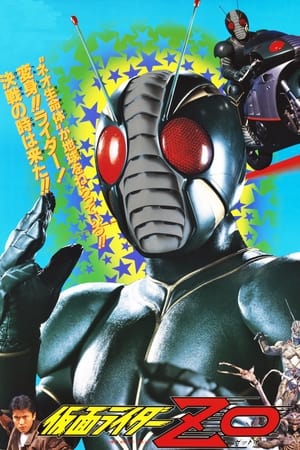 7.3
7.3Kamen Rider ZO(ja)
Masaru Aso was the lab assistant of geneticist Doctor Mochizuki, used as one of his experiments related the creation of the Neo Organism, enabling him to transform into a grasshopper-like being called Kamen Rider ZO. He fled into the mountainside and went into a coma before he was awakened by a telepathic call two years later with an unconscious urge to protect Hiroshi Mochizuki, the son of Doctor Mochizuki.
 7.7
7.7System Crasher(de)
Wherever 9-year-old Benni ends up, she is expelled. She has become what child protection services call a “system crasher.” But she is not looking to change her ways, and has one goal: go back home to her mother. When anger management trainer Micha is hired to help, suddenly there is hope.
 6.4
6.4Angel(fr)
Once upon a time there was Louise and her friend, the magician. But his last trick left a bitter taste in her mouth. He disappeared in a curtain of smoke… never to appear again. This is too much for the young woman. Devastated by endless grief, Louise is sent to a psychiatric asylum, resigned to the idea that she will swallow pills till the end of her days. Yet nine months later she gives birth to a child who is likely to have a big problem for his future class pictures, since he’s invisible. But Louise doesn’t care. He’s her angel and, wanting to protect him from this cruel world, she decides to keep his existence a secret. Years later, Louise’s angel has grown up. He even managed to find a girlfriend; Madeleine. The two become inseparable, for Madeleine never judges him. And for good reason: she’s blind.
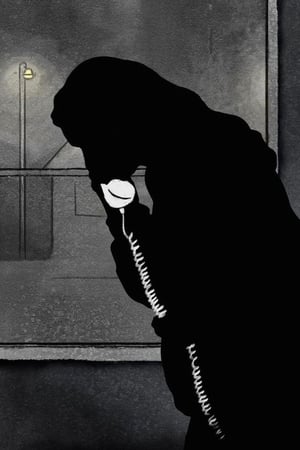 6.0
6.0Barbara(en)
Barbara was caring for her grandchildren when her granddaughter Tiara was taken from school by welfare workers. Barbara fought for the next seven months to have her returned and finally won but the consequences of the removal on the family will never go away.
 0.0
0.0Boomah(ar)
Boomah is notorious and knife-savvy female gang member who becomes embroiled in a power struggle between street thugs and religious extremists while battling the traumas of her harrowing orphaned past.
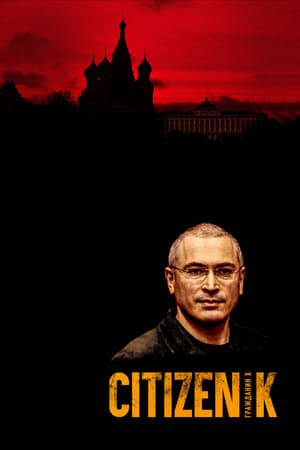 6.5
6.5Citizen K(ru)
The strange case of Mikhail Khodorkovsky — once believed to be the wealthiest man in Russia — who rocketed to prosperity and prominence in the 1990s, served a decade in prison, and became an unlikely martyr for the anti-Putin movement.
 6.7
6.7State Funeral(ru)
The enigma of the personality cult is revealed in the grand spectacle of Stalin’s funeral. The film is based on unique archive footage, shot in the USSR on March 5 - 9, 1953, when the country mourned and buried Joseph Stalin.
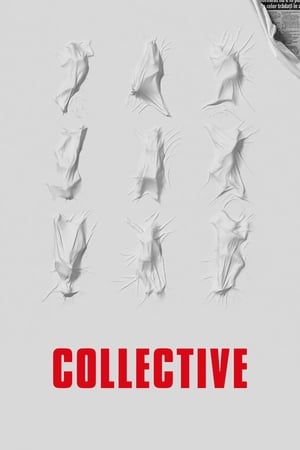 7.6
7.6Collective(ro)
In the aftermath of a tragic fire in a Romanian club, burn victims begin dying in hospitals from wounds that were not life threatening. A team of investigative journalists move into action uncovering the mass corruption of the health system and of the state institutions. Collective follows journalists, whistle blowers, and authorities alike. An immersive and uncompromising look into a dysfunctional system, exposing corruption, propaganda, and manipulation that nowadays affect not only Romania, but societies around the world.
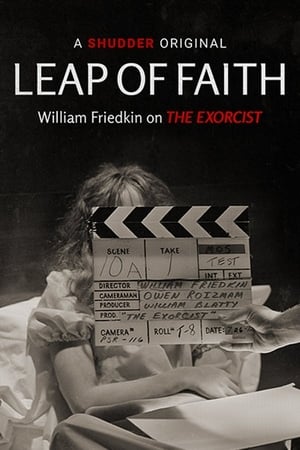 7.3
7.3Leap of Faith: William Friedkin on The Exorcist(en)
A lyrical and spiritual cinematic essay on The Exorcist, the last film of Alexandre O. Philippe explores the uncharted depths of William Friedkin’s mind’s eye, the nuances of his filmmaking process, and the mysteries of faith and fate that have shaped his life and filmography.
